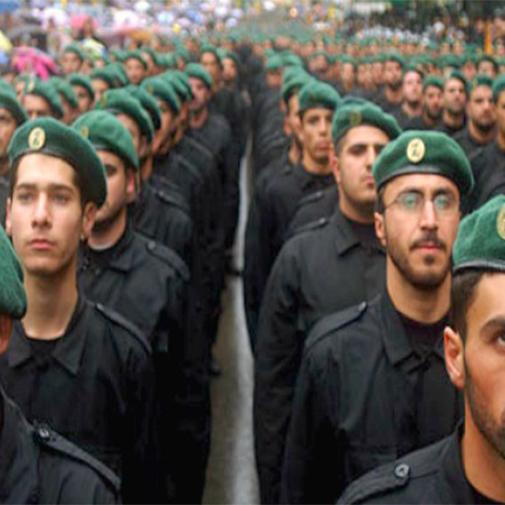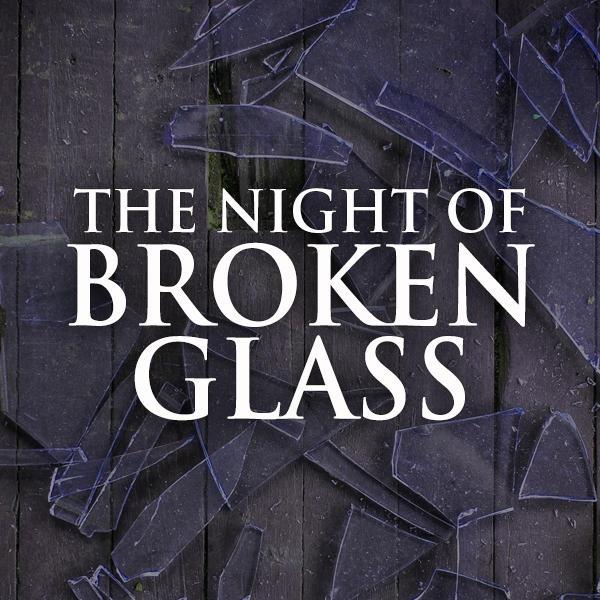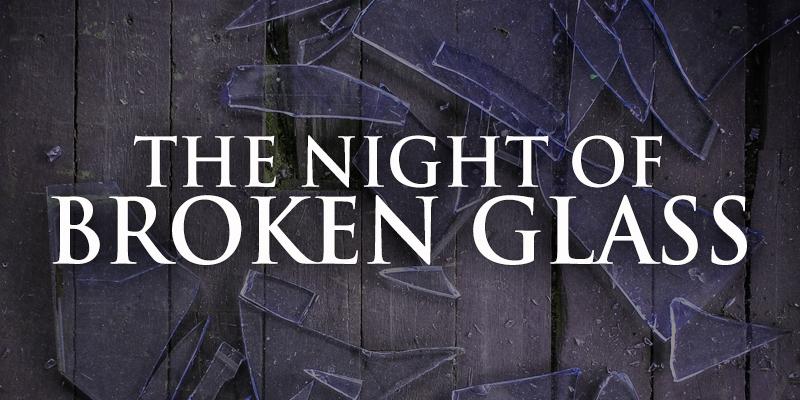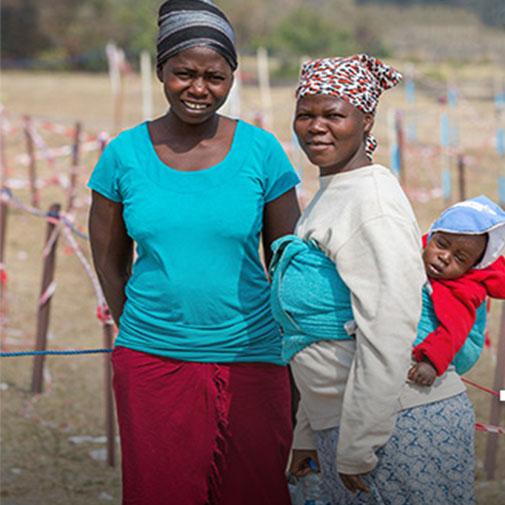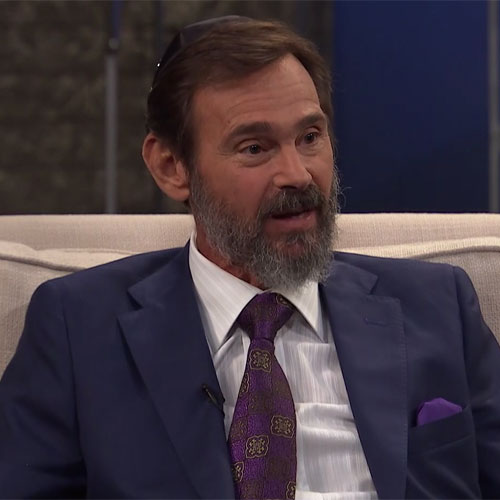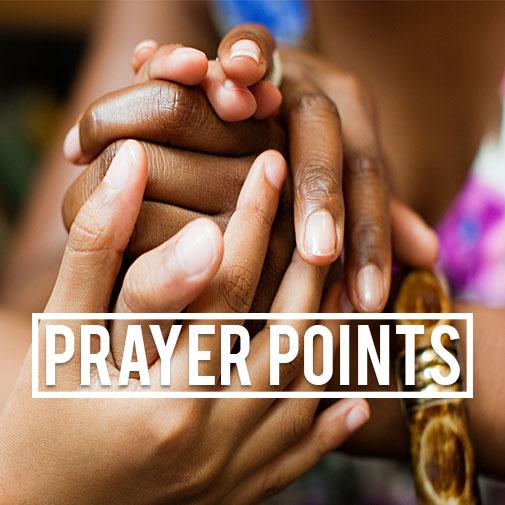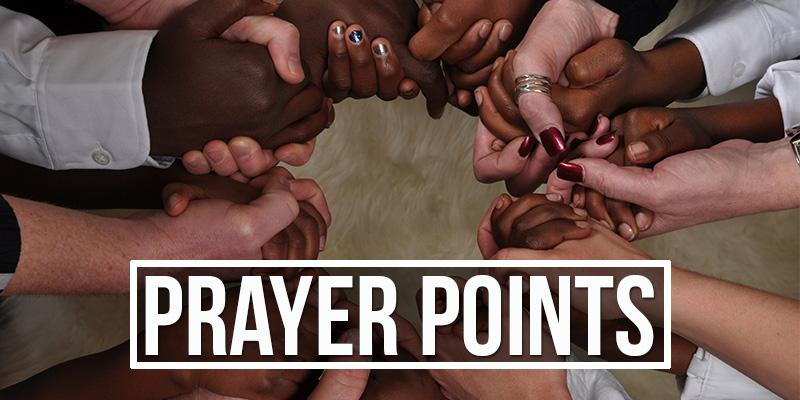Just before 2013, Jonathan Bernis introduced Jewish Voice Today Magazine readers to some of the most difficult-to-reach Jewish people – those living in the United States. With a Jewish population second in size only to Israel right at the doorstep, Jewish Voice was working on a project that would both honor Jewish people and share the Messiah with them.
2013: Documenting a Miracle
In the spring of 2013, the ministry launched a television special that was three years in the making. “The Miracle of Israel” is a historical snapshot of the Jewish people and their miraculous survival and restoration to their Land.
Narrated by the late Leonard Nimoy, the documentary reveals Israel as the only nation in history that maintained a national identity for centuries without a homeland. The story points to the miraculous providence of God for His people. In the film, Jonathan Bernis shares his views on Messianic and Last Days’ prophecy as well as the identity of the Jewish Messiah.
The film was broadcast in five airings over a two-year period across the United States, targeting 30 cities with large Jewish populations. Viewership exceeded 2.1 million households. Messianic congregations in broadcast cities followed up with those who called the telephone number, building relationships and sharing more about Yeshua.
The Miracle of Israel received eight Telly Awards in 2013: two silver awards in the Documentary and Education categories and six bronze awards in other categories. It was also named Best Documentary of the Year by the National Religious Broadcasters.
In 2013, JVMI also tackled its most ambitious Medical Outreach schedule to date. Teams of doctors, nurses, dentists, and non-medical Outreach Partners provided care to nearly 46,000 patients through six Clinics held in Ethiopia, India and Zimbabwe that year.
2014: A Year of Firsts
For the first time in 20 years, the performance teams of Hear O’ Israel! Festivals of Jewish Music & Dance returned to Kiev, Ukraine, in 2014. Attendance at the Festival was 12,500.
As always, a team of Outreach Partners provided essential help throughout the Festival including street ministry and constant prayer. Much of that work was accomplished by passionate followers of Yeshua who are members of the thriving Messianic congregation that formed in Kiev as a result of Jonathan Bernis’ first Festival there in 1994.
It was a powerful event. One man who attended the Festival became so emotional during the moving dance performed in front of a slideshow of Holocaust photos that he had to leave. He later contacted the congregation and revealed that he was a Holocaust survivor and had seen a picture of himself in the presentation.
2014 held several “firsts” for the ministry. That year, Jewish Voice:
· Launched a new humanitarian aid ministry to elderly Holocaust survivors living in poverty in Israel
· Conducted the first Messianic Leadership Retreat in Ethiopia, encouraging Messianic leaders from throughout that country
· Reached out to its third location in Zimbabwe, in Gutu. It was here that the ministry celebrated the milestone of treating their 250,000th patient since JVMI behgan these Medical Outreaches
· Held its first citywide pastor’s gathering in Addis Ababa, Ethiopia, making great strides in dispelling prejudices against Messianic Believers and the Jewish people among evangelical pastors. More than 1,200 local leaders participated in the historic event, which included representation from every major church in Ethiopia’s capital city.
2015: A Record-Breaking Year
In 2015, Jewish Voice returned to Ukraine with a Festival in Odessa, where 15,600 attendees packed the world-famous Odessa opera house. And it was another record-breaking year for Medical Outreaches. The Gutu, Zimbabwe, Outreach broke the JVMI record for the most patients treated in a single clinic day at that time, with 2, 518 patients. The record was short-lived, however, as the next day 2,701 were welcomed and treated.
Later that year, in Gondar, Ethiopia, the efficient medical team and non-medical partners enabled the ministry to break its record at that point for the most patients treated in a five-day clinic: 13,018.
Also in 2015, JVMI held its second Messianic Leadership Training in Ethiopia, investing in the leadership of Messianic congregations throughout the nation through training and encouragement of 60 dedicated men of God.
A similar event in Zimbabwe hosted 60 faithful Messianic leaders from among the Lemba to receive training for shepherding young congregations there. Since the first Jewish Voice Zimbabwe Outreach in 2012, 55 Messianic congregations had grown up and, in April of 2015, JVMI helped ordain the first National Overseer for the Lemba Messianic community.
2016: Television, Persecution – and Another Record
After 49 years of consistent ministry and growth – and with the rapid growth of technology – an update to the television studio and media department was overdue. The 10-year-old set received a complete remodel with cameras, computers, sound and editing equipment all upgraded to state-of-the-art standards.
Louis Kaplan would be amazed at the reach that the Jewish Voice television program had acquired by 2016. His heart’s desire was to see the ministry he founded back in 1967 extend overseas. In 2016, the program that sprang from Louis’ obedience to the Lord’s call had reached a worldwide distribution available to more than 575 million homes through satellite, cable and local networks; it was available to even more through the internet.
Jewish Voice conducted six Medical Outreaches to Ethiopia and Zimbabwe in 2016, adding a new location in each country. In Ethiopia, the team experienced unprecedented opposition as it reached out to help the severely persecuted Beta Israel of Tach Gayint.
For the first time, a Jewish Voice Medical Outreach Prayer Room was closed down by local officials. Prayer Partners dispersed among the people and shared Yeshua’s Good News in examination rooms and with patients as they waited in long lines.
The closure paved the way for new ministry opportunities. The Beta Israel live outside Tach Gayint in small villages nestled in the hills of this mountainous region of Ethiopia. Teams visited two villages with personal water purifying filters and the Gospel of Yeshua. Every member of a community of 70 Beta Israel Jewish people received Him as their Messiah, and 30 or more came to faith in Yeshua in the second village.
Jewish Voice also returned to the Gefat in Hosanna, Ethiopia, for the first time since 2013 and brought medical aid to the Lemba and their neighbors in a new Zimbabwe location, Masvingo. By the end of 2016, Jewish Voice Medical Clinics had treated 68,787 patients – the most helped yet in one year – and facilitated 4,691 professions of faith in Yeshua as Messiah in the same period.
Join us on the Jewish Voice Blog each month in 2017 as we unfold the Jewish Voice story and show how two ministries with the same heart merged and became Jewish Voice Ministries International as you know it today.
Check out Flashback Fridays on our Facebook page, where you’ll see glimpses of our 50-year journey.
Discover the entire inspiring JVMI story with our beautiful, full-color coffee table book, Jewish Voice: A Look at 50 Years. Through more than 200 photographs, it chronicles 50 years of ministry, including biographies, stories and reflections from television guests, partners and staff.
Previous JVMI 50th Anniversary blog posts:
Meet Louis and Chira Kaplan
The Early Years – Jewish Voice Broadcasts
Jonathan Bernis
Hear O’ Israel Ministries
Meeting, Partnering, and Merging
Jewish Voice Ministries International
Called to Ethiopia
JVMI: 2008–2010
A Look Back to 2011-2012



